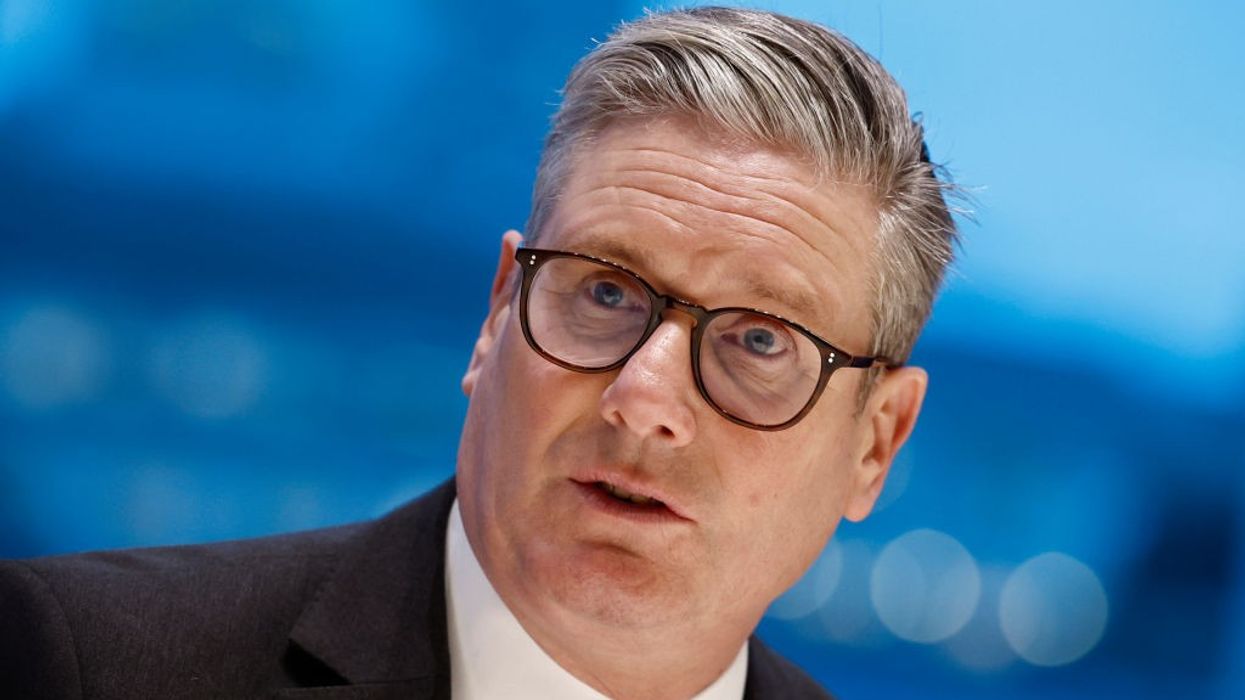PRIME MINISTER Keir Starmer has announced that councils in England must publish annual reports on pothole repairs to receive their full share of the government’s £500 million road maintenance fund.
The move is part of a £1.6 billion investment in highway maintenance, set to be distributed from mid-April.
“The broken roads we inherited are not only risking lives but also cost working families, drivers and businesses hundreds – if not thousands – of pounds in avoidable vehicle repairs.
Fixing the basic infrastructure this country relies on is central to delivering national renewal, improving living standards and securing Britain’s future through our Plan for Change,” Starmer said.
Under the new rules, councils must publish reports by 30 June 2025 detailing how much they have spent, how many potholes they have filled, and the condition of their roads. Failure to comply will result in 25 per cent of the additional £500m – amounting to £125m – being withheld.
Transport secretary Heidi Alexander said, “The public deserves to know how their councils are improving their local roads, which is why they will have to show progress or risk losing 25 per cent of their £500m funding boost.”
The government has also allocated £4.8bn for National Highways in 2025-26 to maintain motorways and major A-roads.
This includes key projects such as the A428 Black Cat scheme in Cambridgeshire, improvements to the A47 around Norwich, and upgrades to the M3 Junction 9 in Hampshire.
Fuel duty will also remain frozen for another year to support motorists amid cost-of-living pressures.





